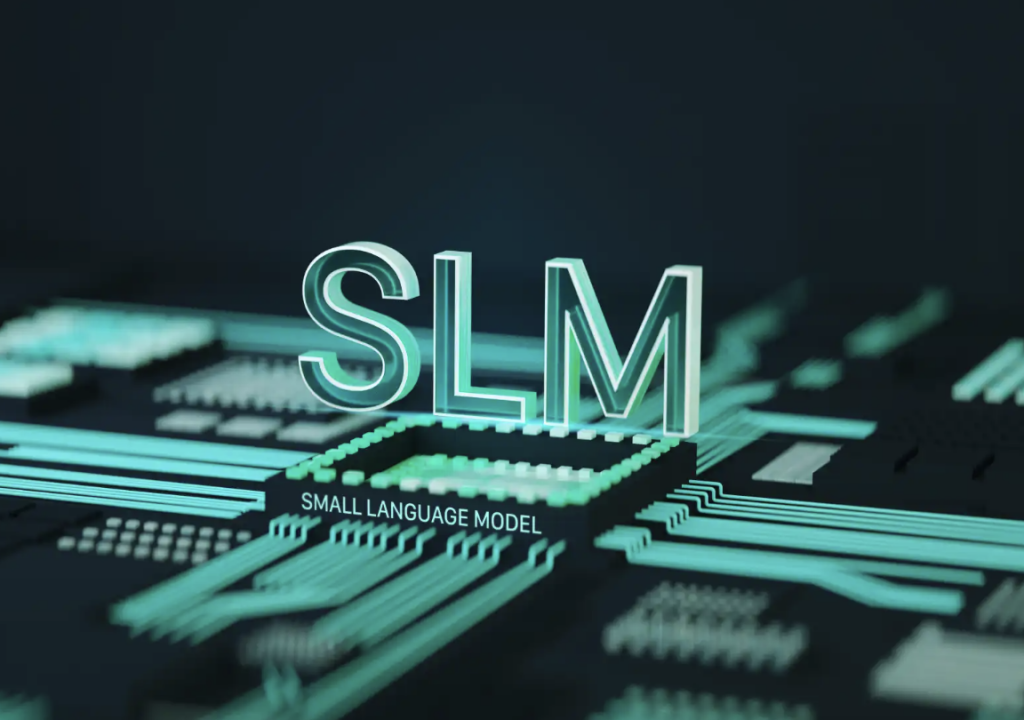- Phi-4 achieves unmatched reasoning efficiency, scoring 80.4 on the MATH benchmark.
- Built for advanced reasoning tasks, the model is equipped with robust safety features to ensure secure AI deployment.
What happened: Phi-4 enhances network efficiency and advanced problem-solving in STEM fields
Microsoft has introduced Phi-4, a small language model (SLM) with 14 billion parameters, tailored for advanced reasoning tasks such as mathematical problem-solving and STEM-focused question-answering. Despite its compact size compared to larger models like GPT-4, Phi-4 achieves exceptional performance, boasting an 80.4 score on the MATH benchmark and surpassing many larger models in reasoning efficiency. Microsoft credits its success to innovative training methods that combine curated datasets, synthetic data, and multi-agent prompting workflows, offering a balance between size and performance.
Phi-4 is currently available on Azure AI Foundry under the Microsoft Research License Agreement, with plans to launch on Hugging Face soon. Designed for precise, domain-specific applications, it highlights Microsoft’s aim to redefine the role of smaller models in fields like scientific computation and enterprise automation. Emphasizing responsible AI use, Microsoft incorporates safeguards such as adversarial prompt detection and real-time monitoring through Azure AI Content Safety, reinforcing the company’s commitment to ethical AI development.
Also read: OpenAI goes ‘Strawberry’, a new reasoning technology
Also read: Microsoft ends updates for Windows 11 on non-compliant PCs
Why it’s important
Microsoft’s Phi-4 exemplifies a paradigm shift in AI development, challenging the industry’s focus on massive models by demonstrating that smaller ones can achieve exceptional reasoning capabilities. Through innovative training processes, Phi-4 bridges the gap between efficiency and performance, making advanced AI applications more accessible and cost-effective.
Phi-4’s launch highlights Microsoft’s commitment to responsible AI, as it incorporates robust safety measures such as Azure AI Content Safety. These safeguards address risks like adversarial prompts and data security threats, ensuring the model’s secure deployment in sensitive environments. This approach sets a standard for ethical AI practices, further strengthening trust in the technology.
Additionally, Phi-4 positions Microsoft as a leader in the competitive small AI model landscape, directly challenging counterparts like OpenAI’s GPT-4o Mini and Anthropic’s Claude 3 Haiku. By excelling in domain-specific tasks such as STEM applications, the model’s success signals a broader shift towards prioritising accuracy and practicality over sheer size, reshaping the AI development landscape.

